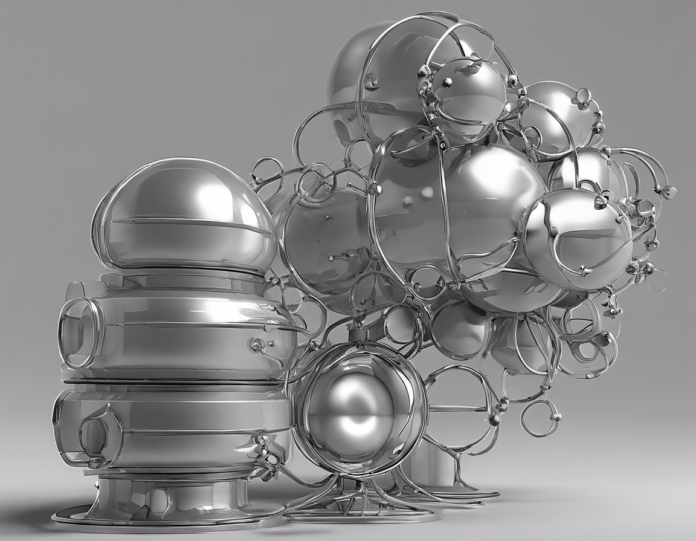Hydrogen is a fascinating element that holds a unique position in the periodic table as it defies the typical classification of either a metal or a nonmetal. In its elemental form, hydrogen is a colorless, odorless, and highly flammable gas. It is the most abundant element in the universe, constituting approximately 75% of its elemental mass.
Understanding Hydrogen Classification
In traditional periodic tables, hydrogen is placed at the top of Group 1, above the alkali metals such as lithium and sodium. This positioning suggests that hydrogen shares similarities with the alkali metals, leading some to consider it a metal. However, hydrogen also exhibits properties akin to nonmetals, creating ambiguity in its classification.
Metallic Properties of Hydrogen
- Conductivity: Like metals, hydrogen can conduct electricity.
- Malleability and Ductility: Under extremely high pressure, hydrogen can exhibit metallic properties such as malleability and ductility.
Nonmetallic Properties of Hydrogen
- Electronegativity: Hydrogen tends to gain electrons, a characteristic of nonmetals.
- Gaseous State: At room temperature and pressure, hydrogen exists as a gas, unlike most metals that are solid.
- Diatomic Nature: Hydrogen typically exists in a diatomic form (H2), resembling nonmetals like oxygen (O2) and nitrogen (N2).
Hydrogen as a Metalloid
Due to its dual nature, hydrogen is often classified as a metalloid, a category that includes elements exhibiting properties of both metals and nonmetals. In this sense, hydrogen's behavior can be likened to metalloids like silicon and germanium.
Role of Hydrogen in Chemical Reactions
Hydrogen's versatile nature allows it to participate in a variety of chemical reactions. It forms compounds with elements across the periodic table, showcasing its ability to act as both a metal and a nonmetal depending on the context of the reaction.
Frequently Asked Questions (FAQs)
- Can hydrogen ever exhibit metallic properties?
-
Under extreme conditions of high pressure, hydrogen can showcase metallic characteristics such as conductivity.
-
Is hydrogen typically found in its pure form in nature?
-
Hydrogen is rarely found in its elemental form in nature. It is often bound to other elements like oxygen in water (H2O) or carbon in hydrocarbons.
-
Why is hydrogen classified as a metalloid?
-
Hydrogen's properties straddle those of both metals and nonmetals, leading to its classification as a metalloid.
-
What are some common uses of hydrogen?
-
Hydrogen is utilized in industries such as petroleum refining, ammonia production, and as a fuel source in hydrogen fuel cells.
-
Is hydrogen considered a renewable energy source?
- Hydrogen can be produced using renewable sources of energy like solar and wind power, making it a potential renewable energy carrier.
In conclusion, the classification of hydrogen as a metal or nonmetal is nuanced, with its diverse properties transcending conventional labels. Its role in chemical reactions and industrial applications underscores its importance in various fields, highlighting the need for continued research into this exceptional element.


Recent comments